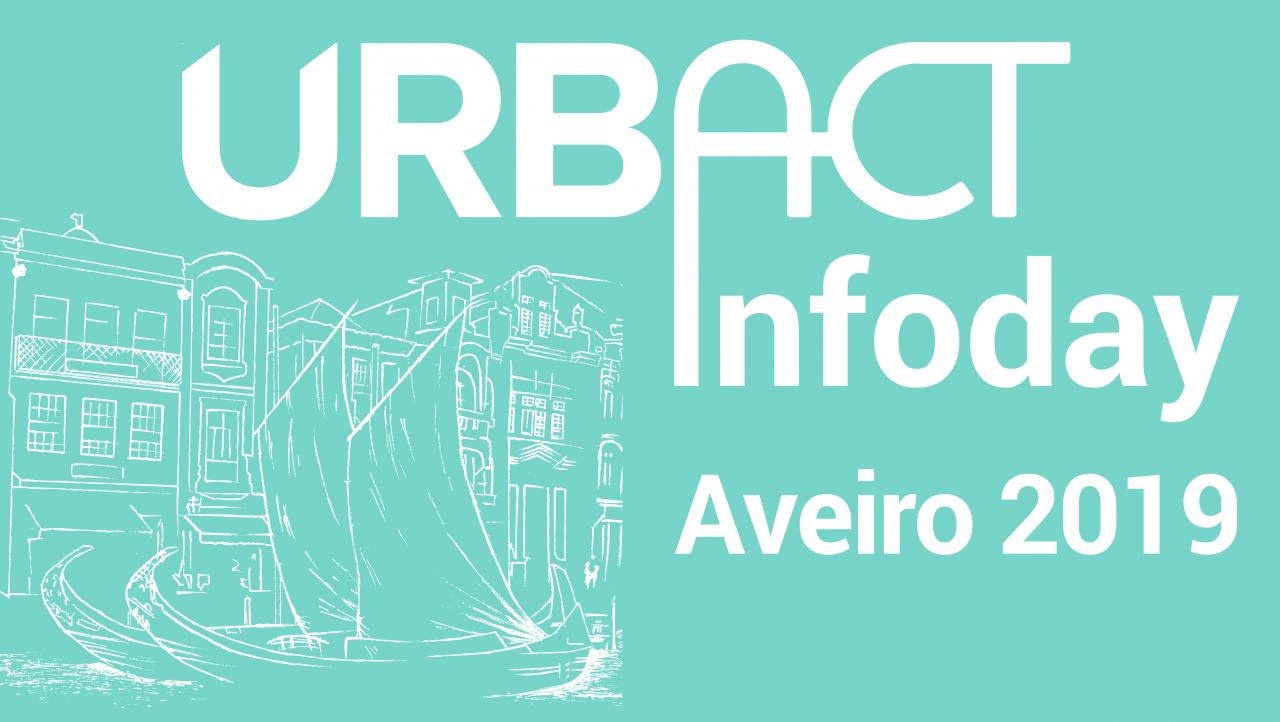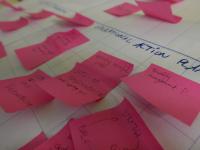
Cities and people working in this field are very well aware of the phenomenon of Early Leaving from Education & Training (ELET) as a problem, normally with a good sense of the scale of it within their city. Getting to the specifics can be more of a challenge, and many cities have to operate without good data to help them focus and target their efforts.
This can be for a variety of reasons, from the national legislation and framework not making the data available at a city or district level (as is the case for most cities in France, for example) to the cities themselves having poor systems in place to capture or use this data. Whatever the reason, it makes targeting activities and measuring the effectiveness of interventions much harder on a local level. City partners in this situation have to rely on their own, anecdotal, knowledge of the local conditions without having concrete data to back up those assumptions.
Many cities have access to the relevant data but are not yet effective at using it to understand the ELET landscape in their locality and to structure their response accordingly.
But even in those cities where data is available and used effectively, the tracking of both the causes and the results of drop-out from school is still a challenge. Without individual tracking of young people through the school system, it is almost impossible to understand the true picture. Does someone leaving a school at age 17 leave education and training entirely, or do they appear three months later at a different institution? If they do leave altogether, how can we get to understand the circumstances if we don’t know where they are now, or even who they are in many cases.
Cities can obviously improve and develop their capabilities and capacity regarding the collection and use of data, and this appears to be a priority for many. But introducing new tracking and monitoring systems can be, at best, complex and expensive, and at worst, not permissible under the prevailing legislation. Without this type of insight, cities will always be replying on a degree of intuition in their policy responses.
A Rich Policy Context

What we still need more of is the robust testing and evaluation of policy measures as well as guidance or assessments on how to implement such policies effectively to have the desired effects.
Conditions for Implementation
Whilst this field is rich in policy, it is relatively poor in terms of tried and tested measures that have been evaluated in detail, including considering the context in which the intervention was implemented. Context is everything with implementing policy responses for ELET - what works well in one setting will not necessarily work well in a different one. A successful method from a city with a stable population may not work effectively in a city experiencing high levels of immigration; a plan that works in a small provincial city reliant on just one or two industries may not work in a large capital city with a diverse and mixed economy. This understanding of context is a core area for further investigation, and one that URBACT's Implementation Networks are seeking to address.
A Wider Application
However, ELET is not the only field for which context is important for implementation. Most fields will need to consider this to a greater or lesser degree. URBACT’s Implementation Networks (and the upcoming URBACT Transfer Networks scheduled to be agreed later in the year) will all need to contend with these issues as their respective action plans and good practices are put into practice in cities across Europe. The Implementation Networks have already begun to grapple with these challenges and the URBACT network Stay Tuned is no exception.
For URBACT Implementation Networks, the biggest change from the Action Planning Networks is the fact that collaborative delivery is not the same as collaborative planning. While much of the same mindset and principles apply (such as the integrated approach and participation of stakeholders), the practical application is quite different. At a very basic level, the URBACT Local Groups (ULGs) have quite a different role in the Implementation Networks. For the successful implementation of a new policy or plan, in addition to ‘policy practitioners’ (subject experts on the policy side) we also need ‘change practitioners’ to design and manage the roll-out of the policy, guiding the transition from current state to future state. This is an often overlooked point, not least because it is sometimes (maybe even often!) possible to successfully implement new policy without any expertise in the art of ‘change’. This generally occurs due to one of two things: either 1) luck; or 2) that the people implementing the plan already have a natural ability in implementing policy in this area - they just don’t treat it as an explicit skill or discipline.

Looking at things through an implementation ‘lens’ is new to many people. In the example of the Stay Tuned network, the majority of the project leads from the partner cities are Education or Youth practitioners, rather than change practitioners. This does not mean they cannot implement action plans successfully; but it does mean that the act of considering Implementation as a discipline in its own right, with a core set of skills, methods and mindsets is not commonplace.
Keeping the Door Open
With such a rich set of policies in this field, the Stay Tuned network will shed a much needed light onto the practice of implementation, drawing out lessons and good implementation practice that can be shared with other city departments and with other cities across Europe. But there is also the other side of the project, which is that these partners are looking to reduce ELET rates in their cities and help young people gain much needed qualifications.
Implementation itself is the means not the end - but good practice in implementation is essential to help meet our goals. For Stay Tuned, that means keeping more doors of opportunity open for young people across Europe, so that they may pass through and onto greater things. Let’s hope that the lessons from keeping those doors open can also be passed on to others to help them implement their plans and successfully change their cities to improve the lives of those living in them.
You can see the video summary from phase 1 of the Stay Tuned network:

